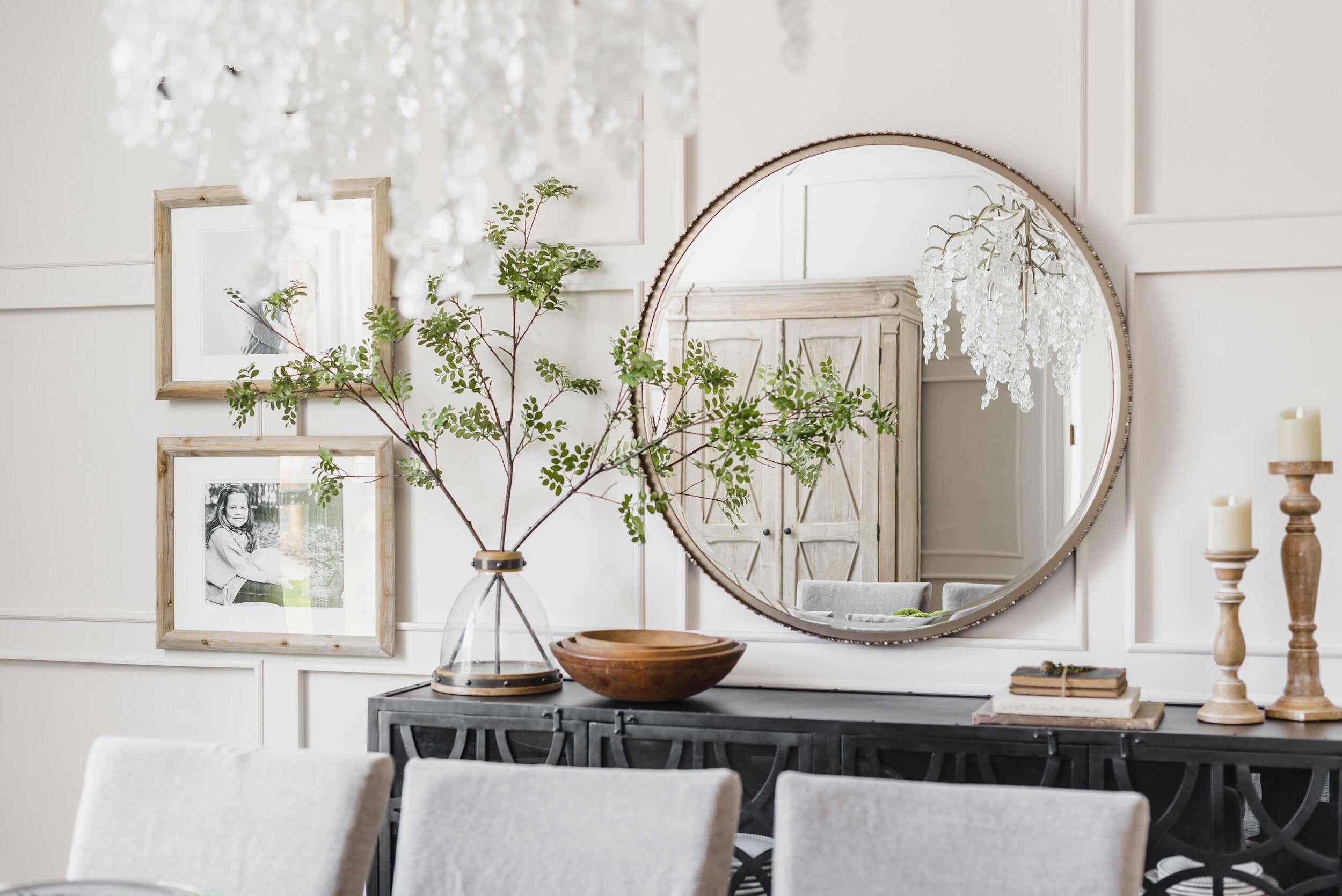
According to Feng Shui Experts, Mirror Placement is Key — Here's What to Know
Whether you practice feng shui or not, there's no disputing the comfort of a well-arranged room layout or a harmoniously flowing space. Every interior designer might not actively practice the ancient Chinese art form, yet most probably adhere, at least partially, to its principles. Indeed, feng shui is often seen as a common-sense guide to natural flow and clutter-free layouts in our homes. Mirrors, like your Bathroom Mirrors, Decorative Wall Mirrors, or even Small Bathroom Mirrors have baffled feng shui experts. These reflective surfaces, like the coveted Bathroom Vanity Mirror, carry the property of multiplying what they reflect within your living space.
So, how do you know if you're using mirrors correctly in your home, according to feng shui principles? Follow these rules from to the experts and you just might feel all the bad vibes exit the building. After all, making sure that your space reflects what you want to attract in your life isn't too far off from having a well-organized and nicely decorated home.
1. Place Mirrors Perpendicular to the Front Door
Generally speaking, feng shui experts do not recommend placing a mirror directly across from the front door, but rather on a wall perpendicular to it. "The front door is very important in feng shui," The Holistic Home author Laura Benko tells MyDomaine. She suggests that when you hang a mirror, connect it to an intention, like expanding the opportunities in your life.
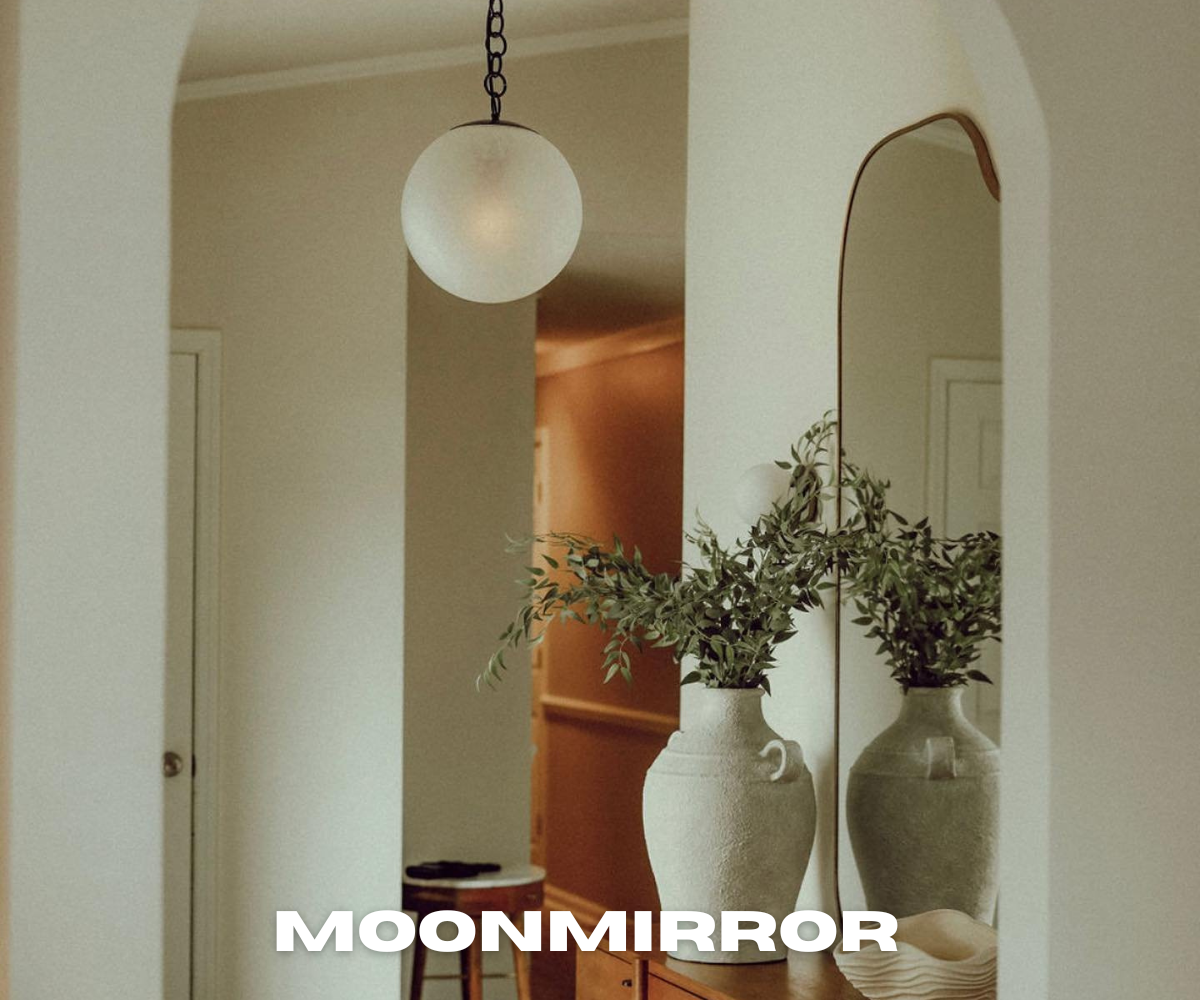
2. Use Mirrors on Any Dining Room Walls
Experts accentuate the dining room as the best place to hang wall mirrors. Your capacity to hold wealth is represented here. And who wouldn't want to reflect prosperity a little more in their lives?
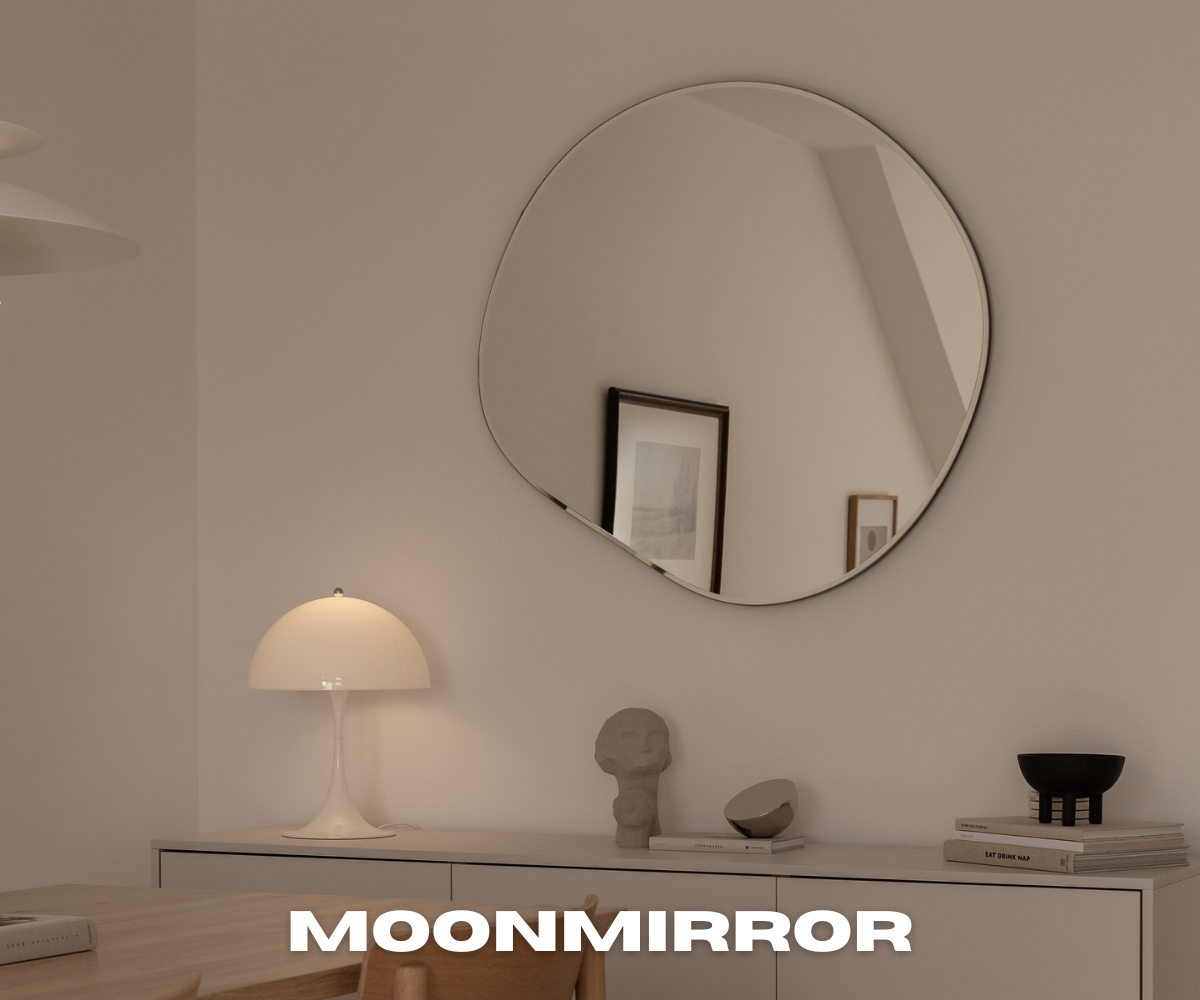
3. Avoid Mirrors in the Kitchen
Conversely, feng shui typically advises against the placement of kitchen mirrors, especially those facing the stove, as it's believed to harbour negative energy. So if you're considering a mirrored backsplash, it might be worth thinking twice.

4. Place Mirrors Opposite Beautiful Views
Most experts will warn you to be mindful of what your mirror reflects both inside and outside the home. "Mirrors in feng shui are like aspirin," says Benko. "They're prescribed often to treat many ailments. They're a quick adjustment when you want to expand a space and bring in more light." Just make sure they're reflecting a beautiful view and not a stack of bills, she added.
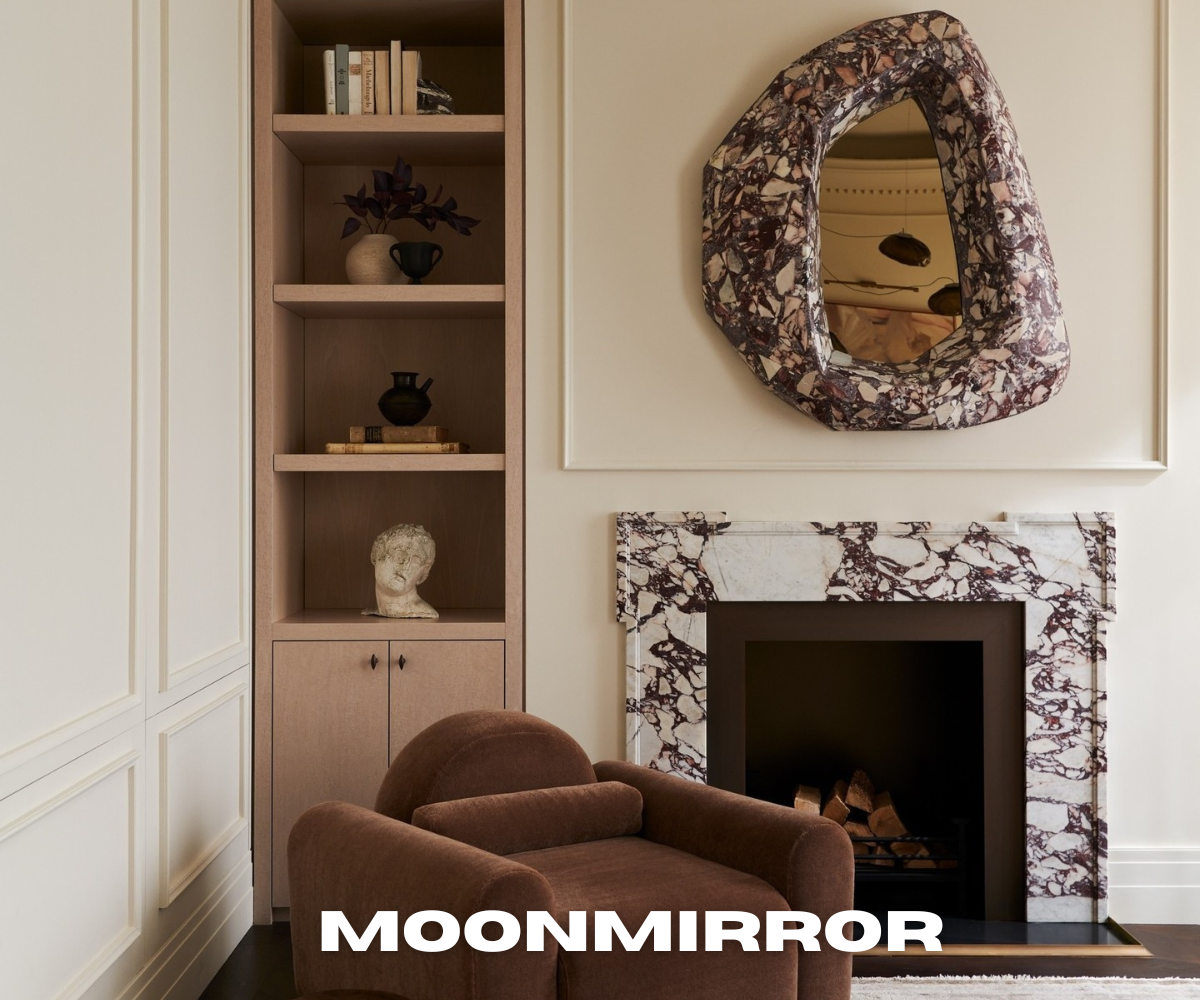
5. Hang a Mirror Almost Anywhere in the Hallway
Hallways, often overlooked, create the first impressions of the indoor space. A decorative wall mirror can be hung almost anywhere in the hallway which, as per Feng Shui, is generally viewed as positive. However, avoid having large mirrors for the walls at the end of a hallway as they can slow down the flow of energy in your house.

6. Hang a Mirror Near Your Desk
Just like a mirror reflecting a stack of bills can introduce negative energy, a mirror facing your desk will work against you, effectively doubling your workload. Besides, no one really wants to look at themselves while they work, right?
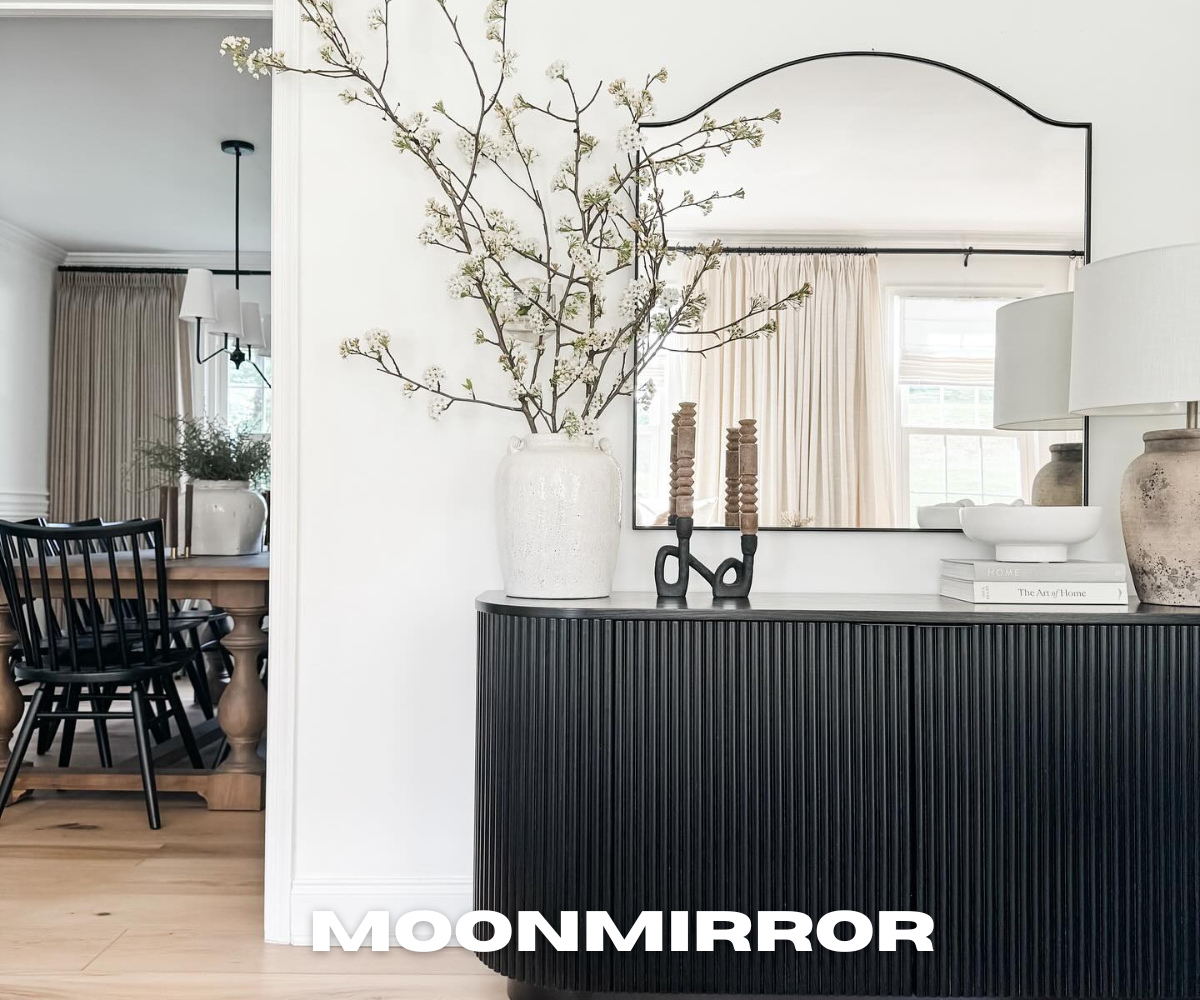
7. Opt for a Mirror in the Living Room
Your living room serves as the focal point for social interactions in your home. Implementing a large living room mirror or even a big mirror for the living room wall not only makes gatherings feel more lively and festive by visually doubling the number of people present, but they can also make the space look expansive and inviting.However, they can also amplify bad energy if your guests are negative—so be careful who you invite over, or kindly tell your guests to leave the drama at home.

8. Avoid Placing Mirrors Above Beds, Sofas or Chairs
One place where feng shui experts warn against hanging a mirror is behind a sofa or a bed. Certified feng shui expert Marianne Gordon also advises against the weight of objects above sitting spaces. She says, "feng shui is all about feeling safe and secure in your space," and it's hard to feel safe with something heavy hanging directly over your head."Thus, it's appropriate to avoid large wall mirrors for the living room or a big mirror for the bedroom above such spaces.
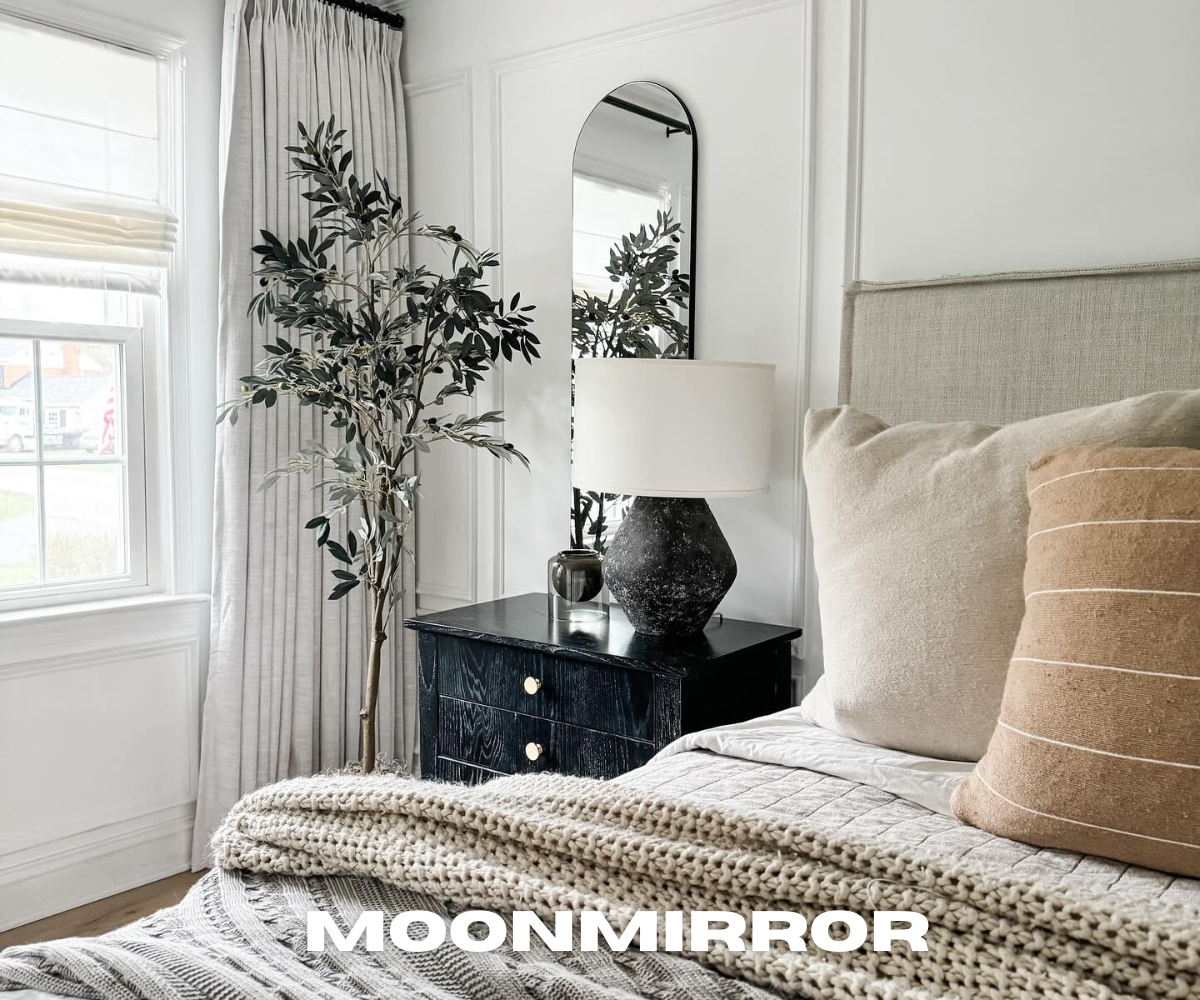
9. Utilize Mirrors in the Bedroom
"If you have trouble sleeping, let's talk about why that mirror on your bedroom wall might be the culprit," says the founder of Simple Shui, Amanda Gibby Peters. She suggests a quick test to see if your mirror might be affecting your sleep. "Cover the bedroom mirrors for a couple nights and notice if your sleep improves," she advises. "If you sleep soundly with them covered, consider replacing them or moving them to a wall that's not facing your bed."
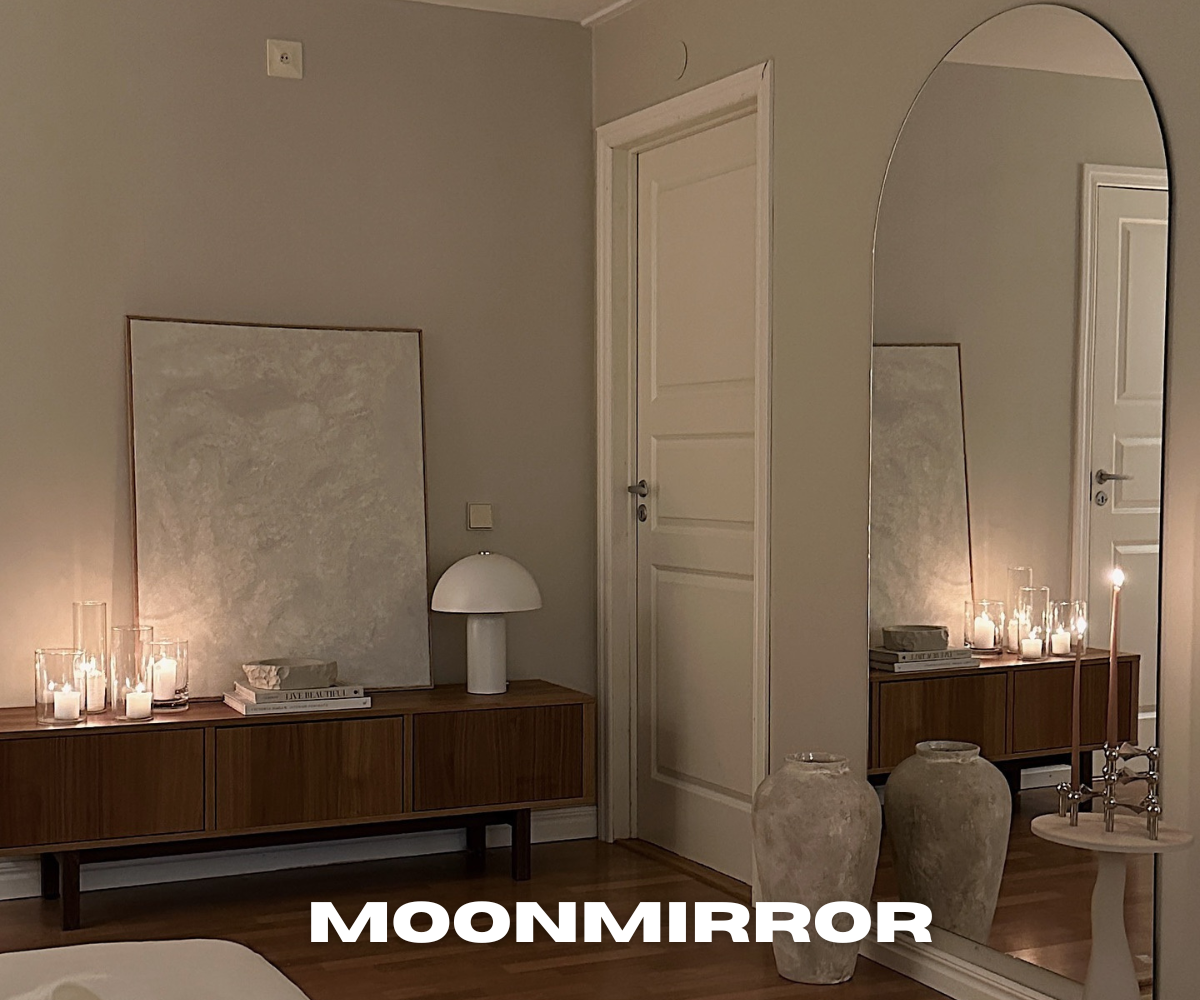
On the other hand, mirrors should be used carefully in the bedroom. , says NYC-based feng shui consultant Laura Cerrano. "It's believed that mirrors have the ability to activate the energy within a room. Clients I work with will sometimes choose to keep a mirror in their bedroom and tell me that they sleep soundly. Some clients love the idea of no mirrors in the bedroom or may just place a long mirror inside the closet door. If you do that, just make sure the closet is organized, because mirrors double what they project," she says.
10. Opt for a Mirror Far From the Toilet
In the bathroom, feng shui experts suggest avoiding hanging a bathroom mirror directly across from the door or the toilet. Aside from the fact that mirrors placed directly opposite doors are generally viewed as a bad idea in any room, one could also argue that it's never comfortable to be looking at yourself on the toilet.
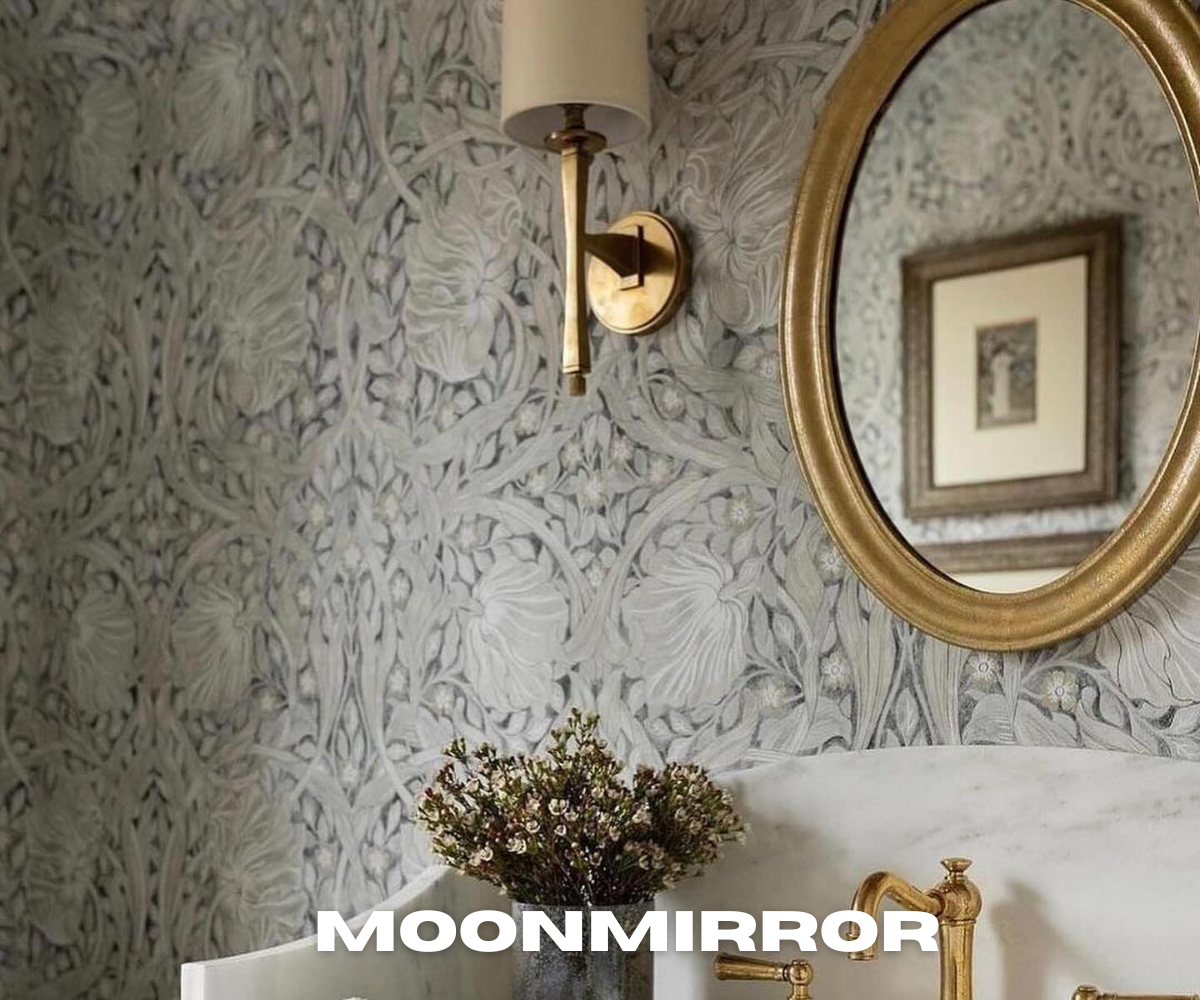
By following these relatively straightforward rules, you can ensure that your mirror placements, including your bathroom mirrors, vanity mirrors for bathroom, mirrors for bathrooms, bathroom vanity mirrors, and bathroom mirror ideas, align with the principles of feng shui and create a more harmoniously balanced home environment.
Tell Us: Do you believe in feng shui? Have you ever changed the place of mirrors to bring good luck?
Last Post: Why Design Loves a Mirror
Next Post: What Mom Wants for Mother's Day
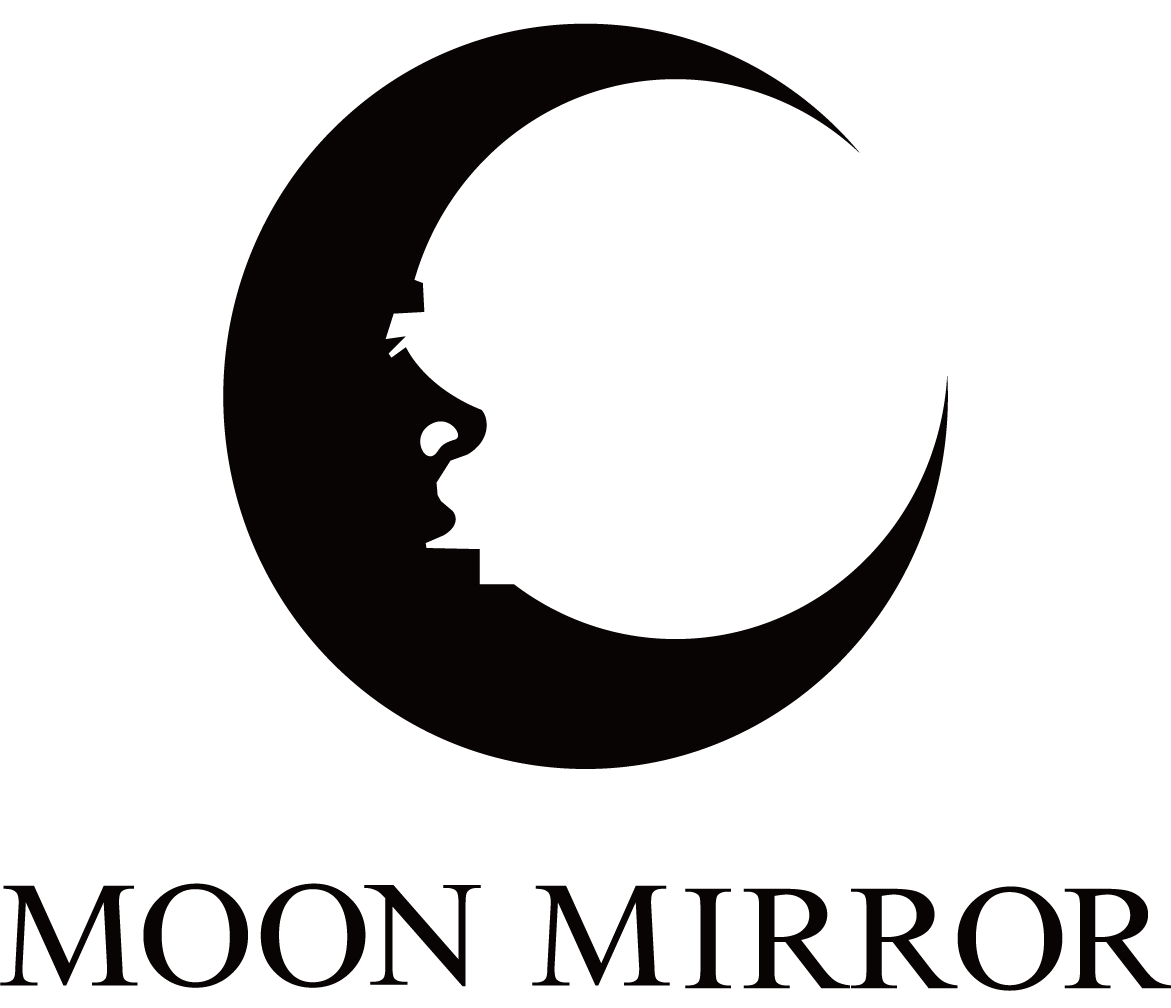
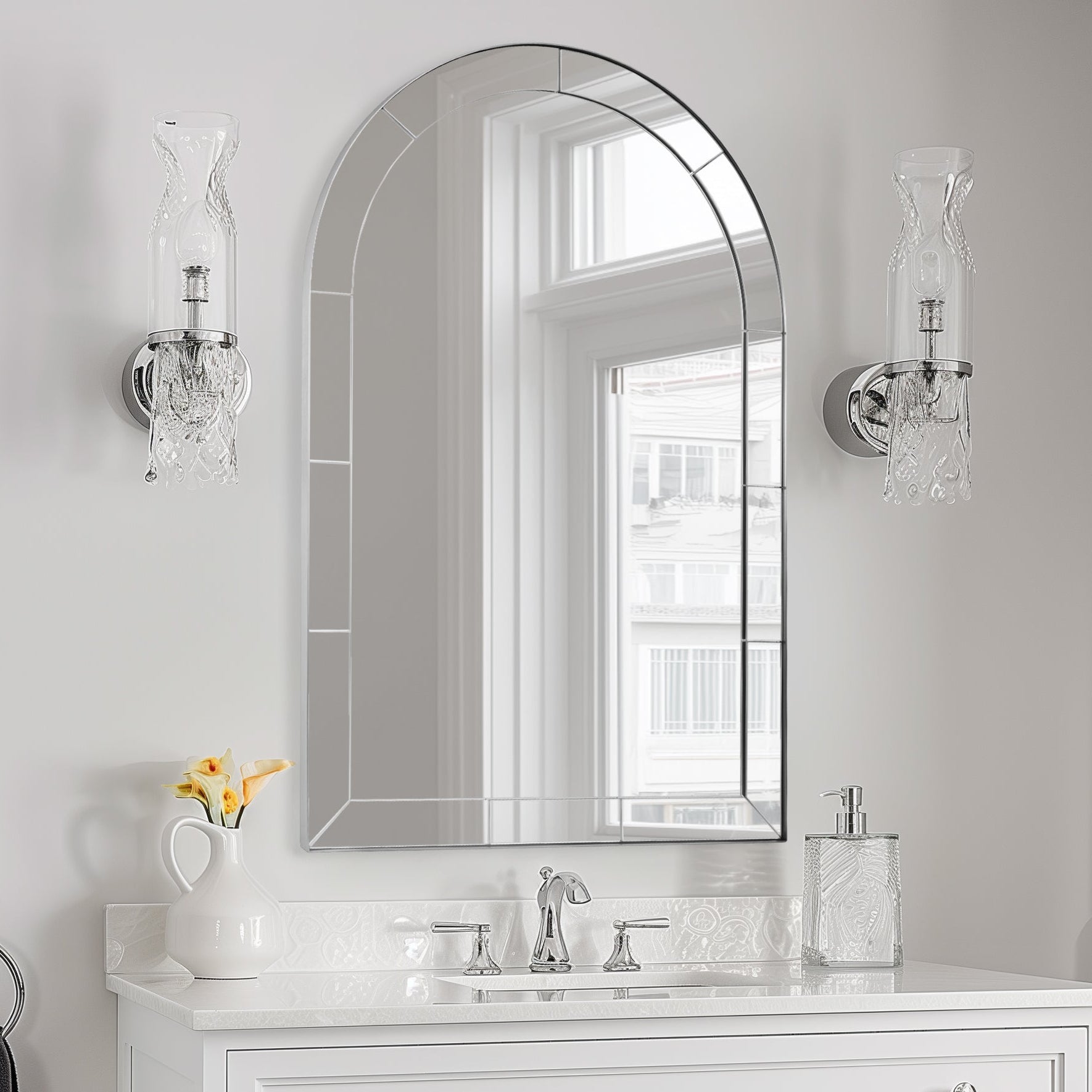


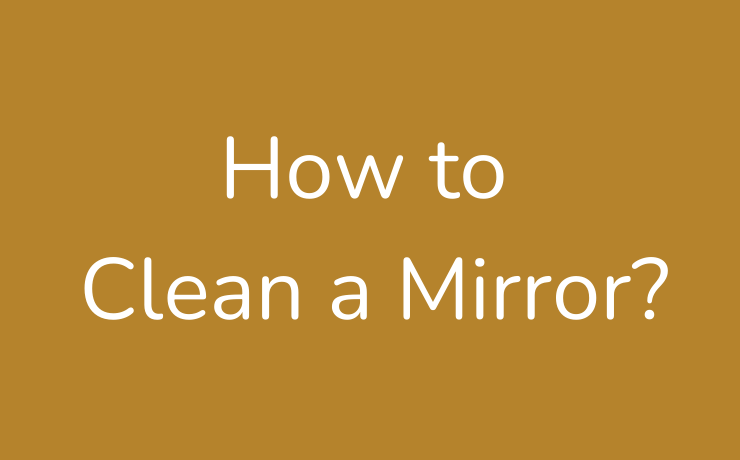




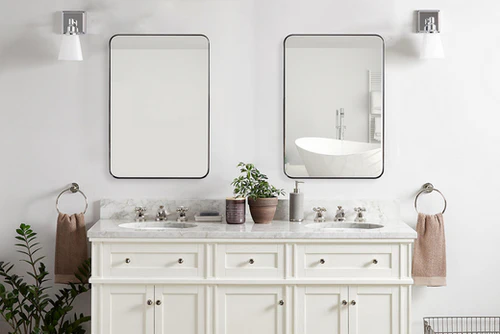











Leave a comment
This site is protected by hCaptcha and the hCaptcha Privacy Policy and Terms of Service apply.